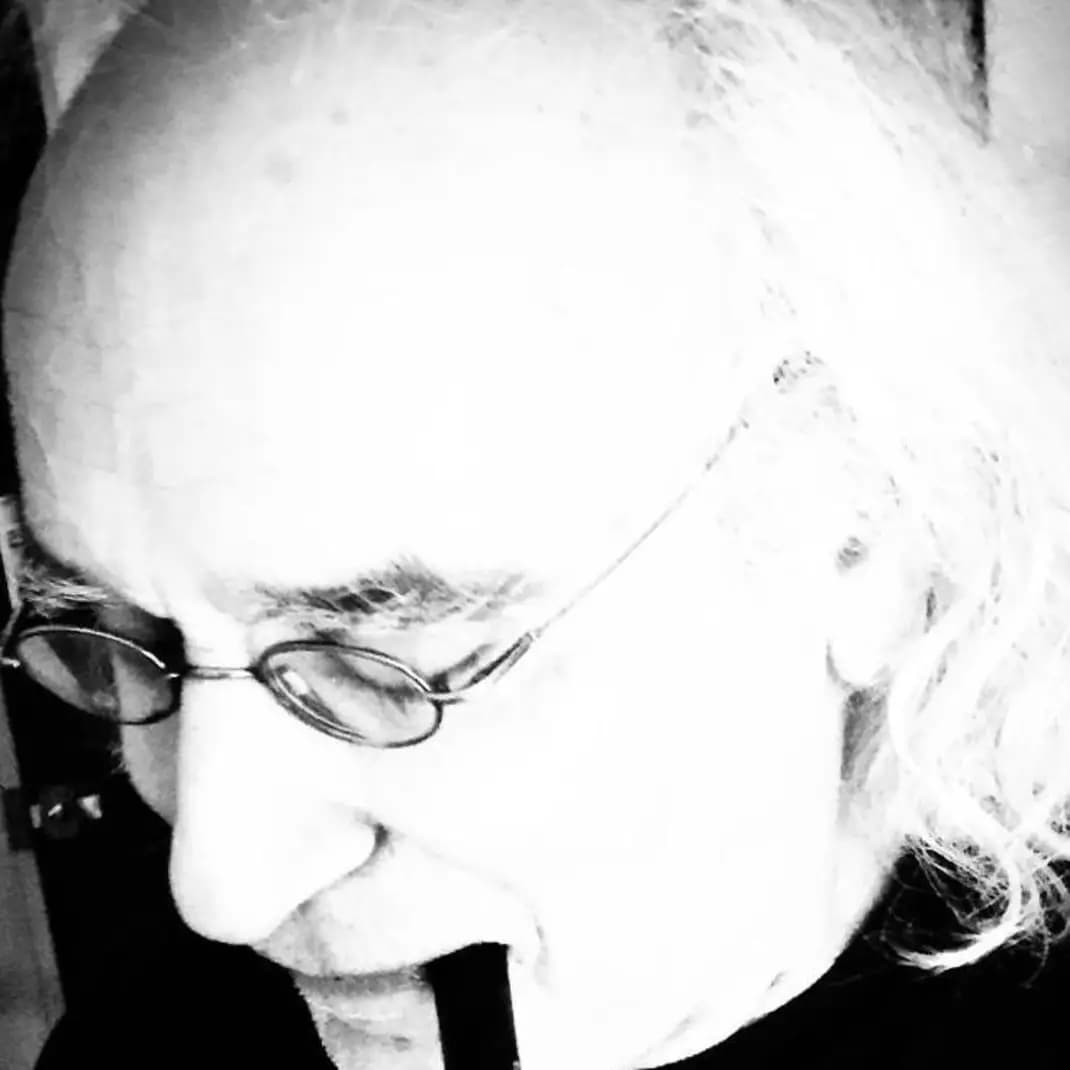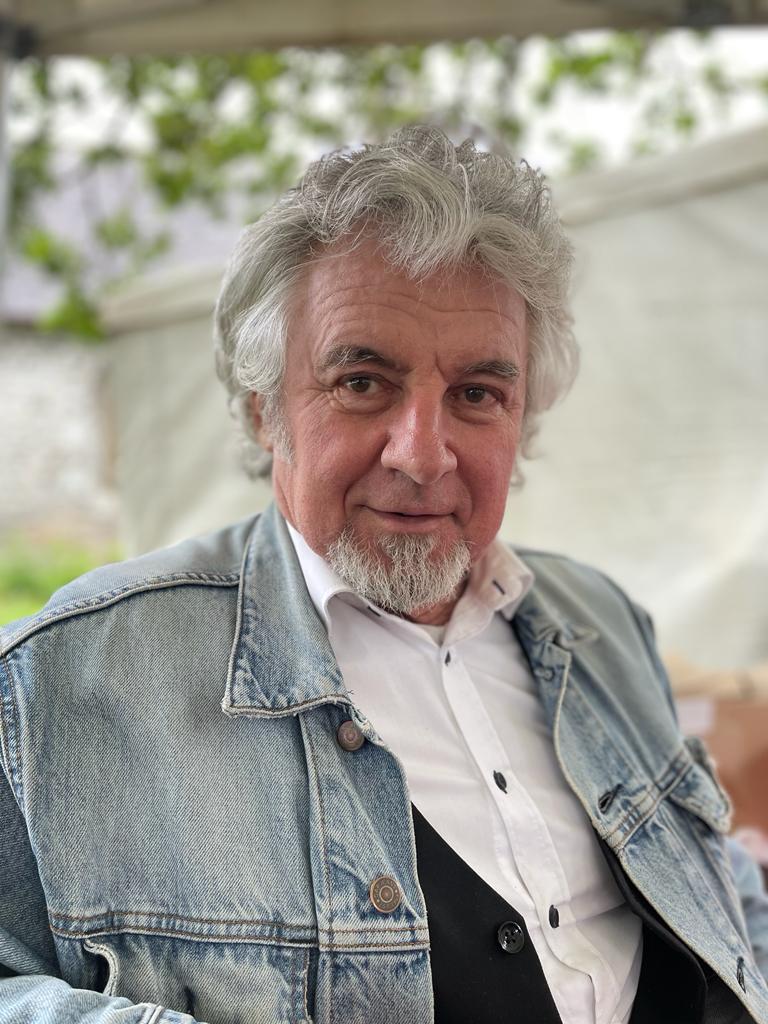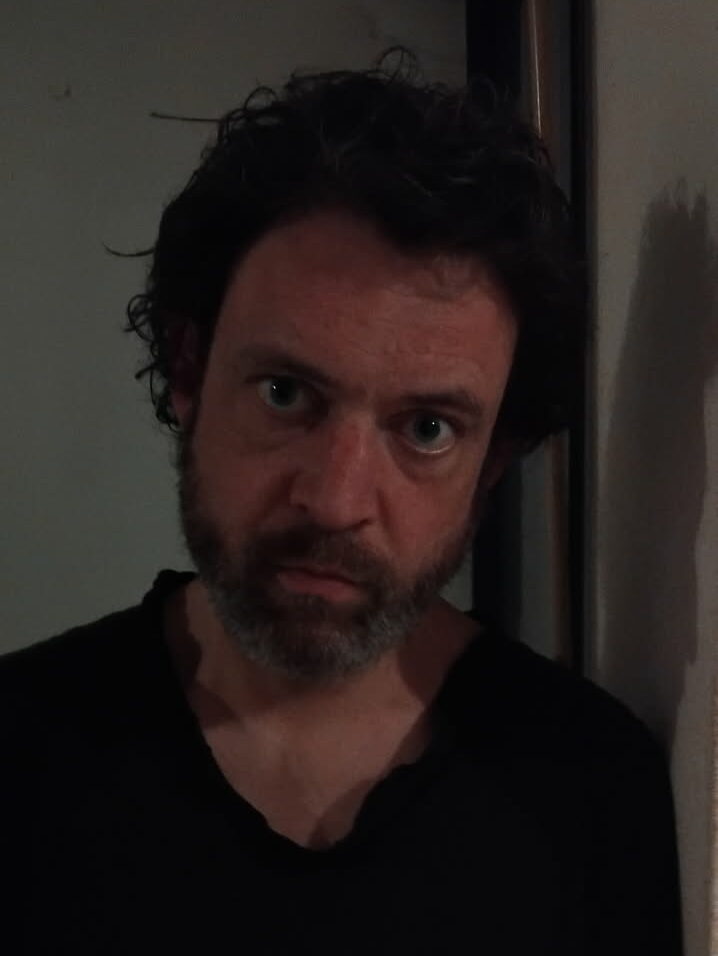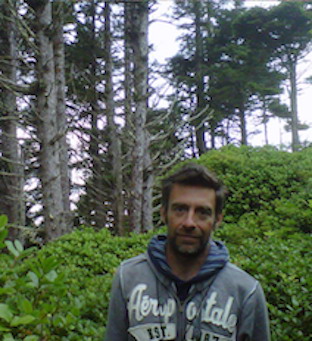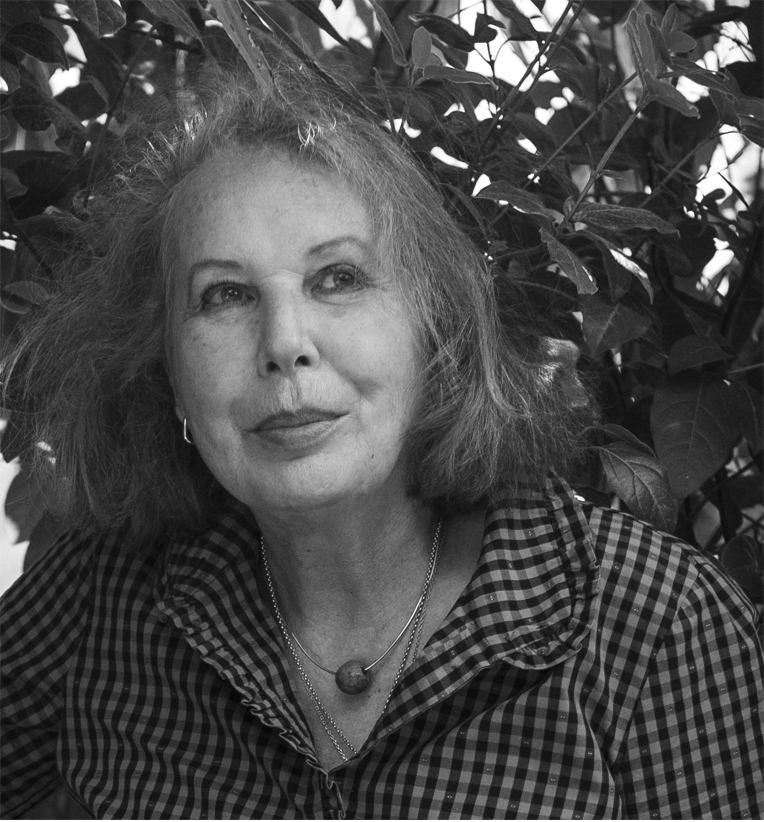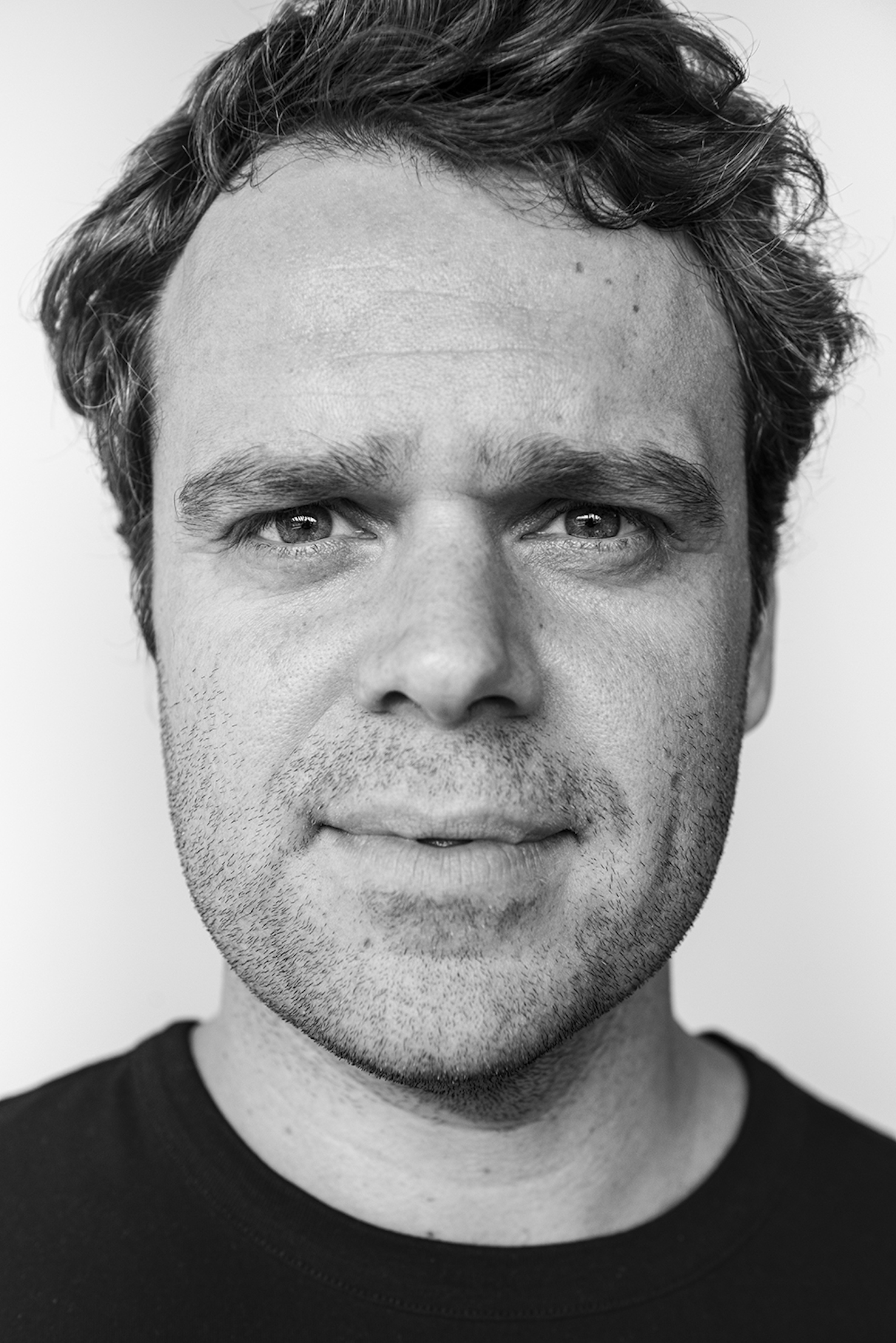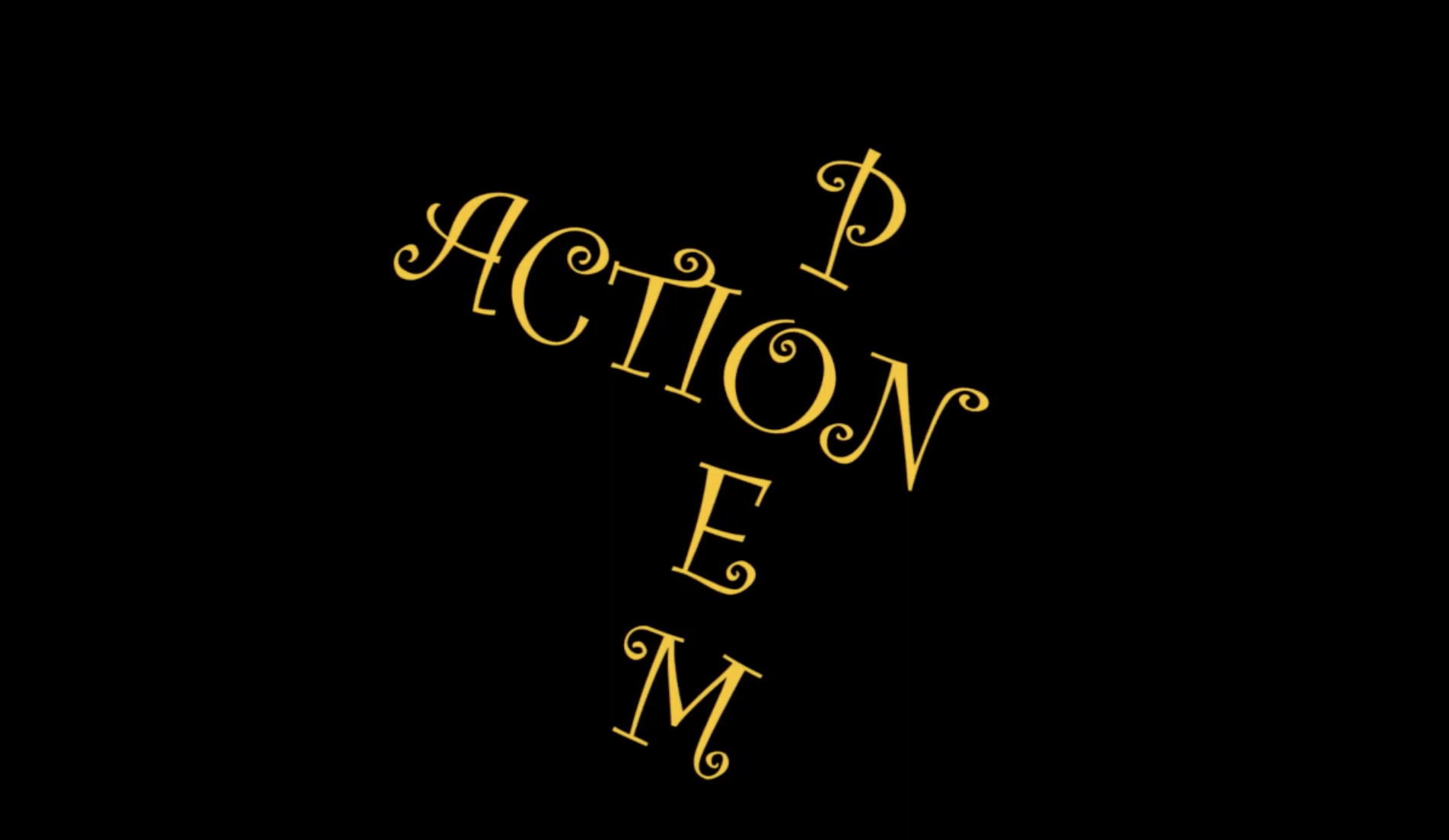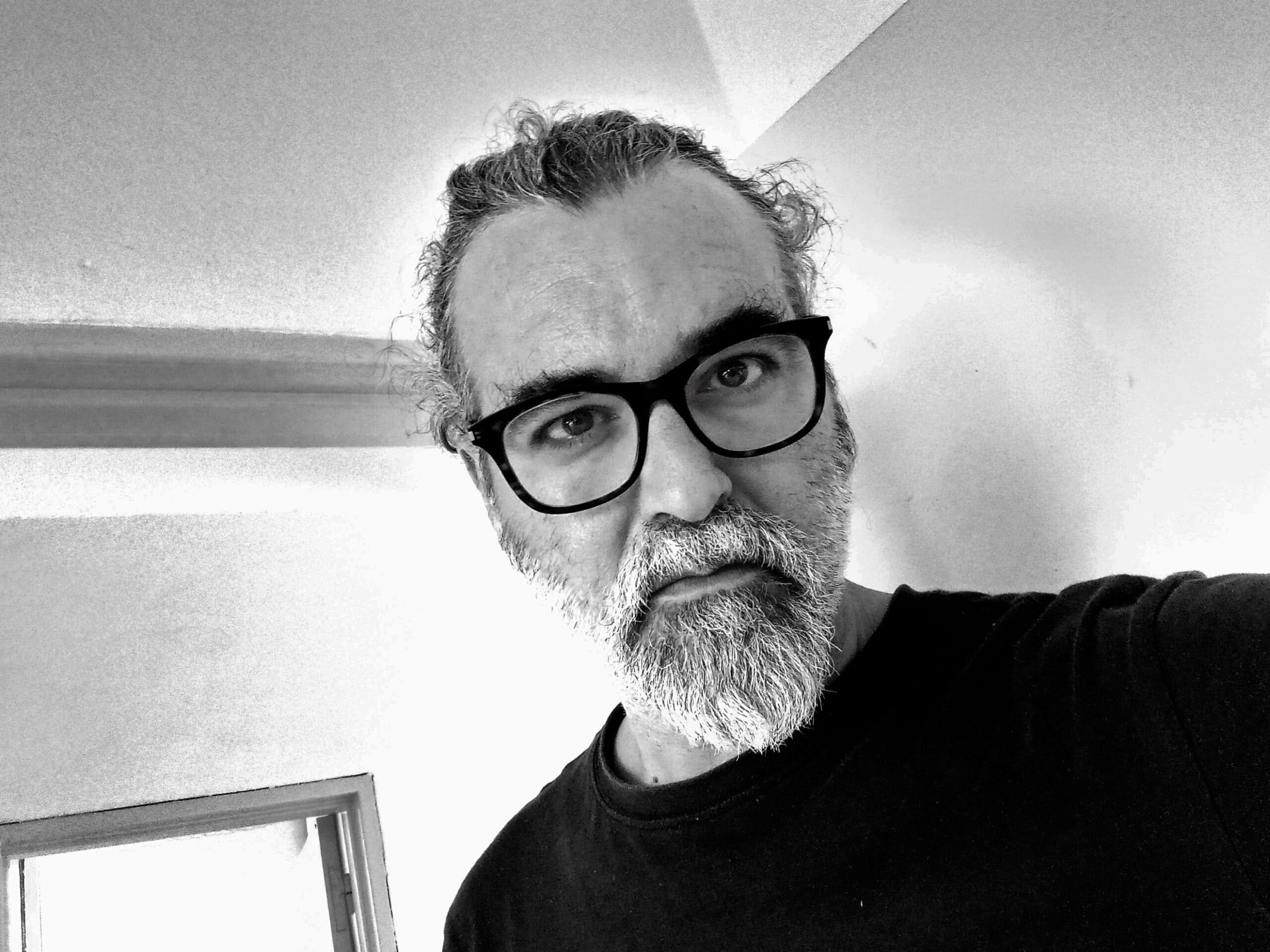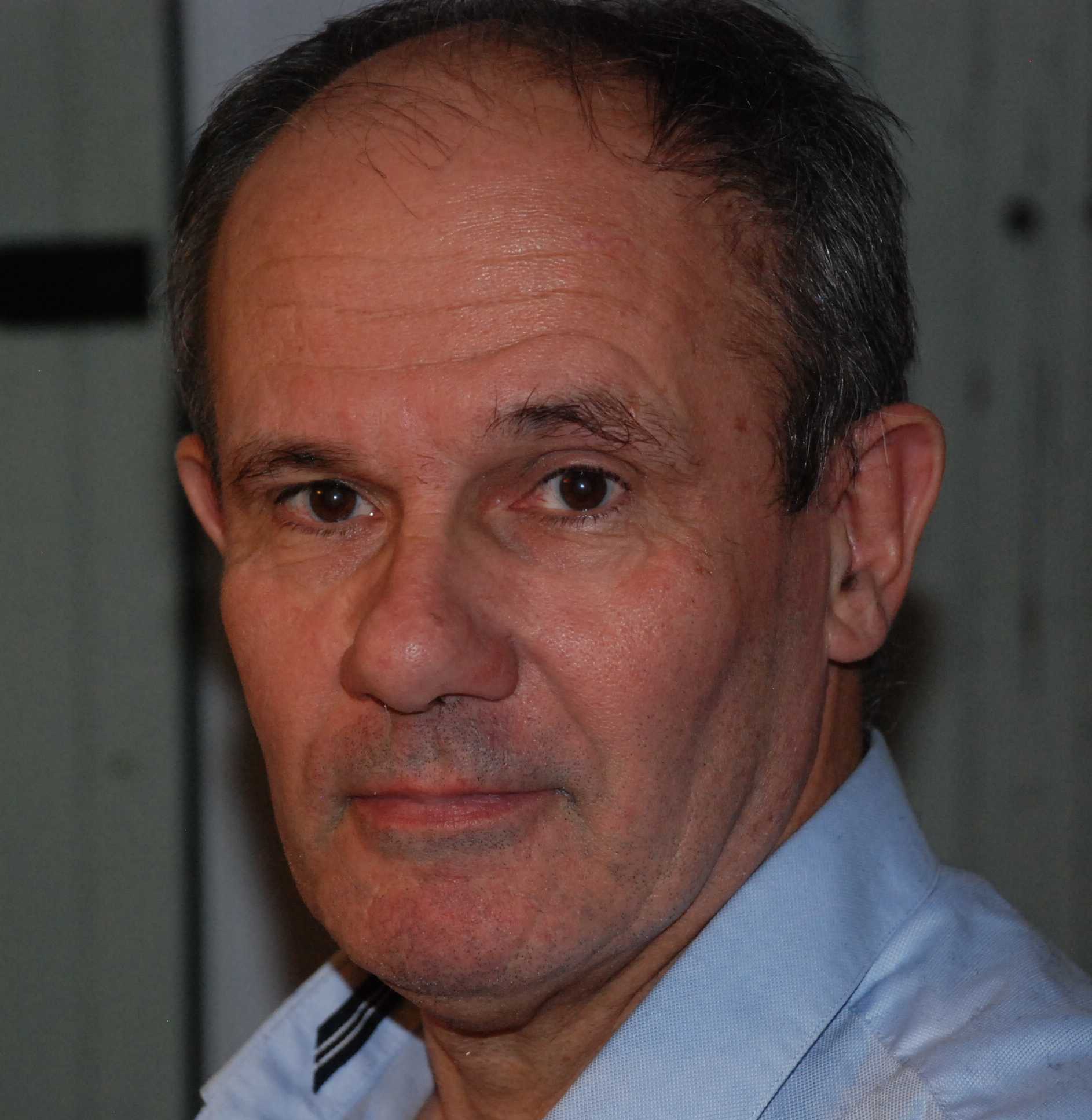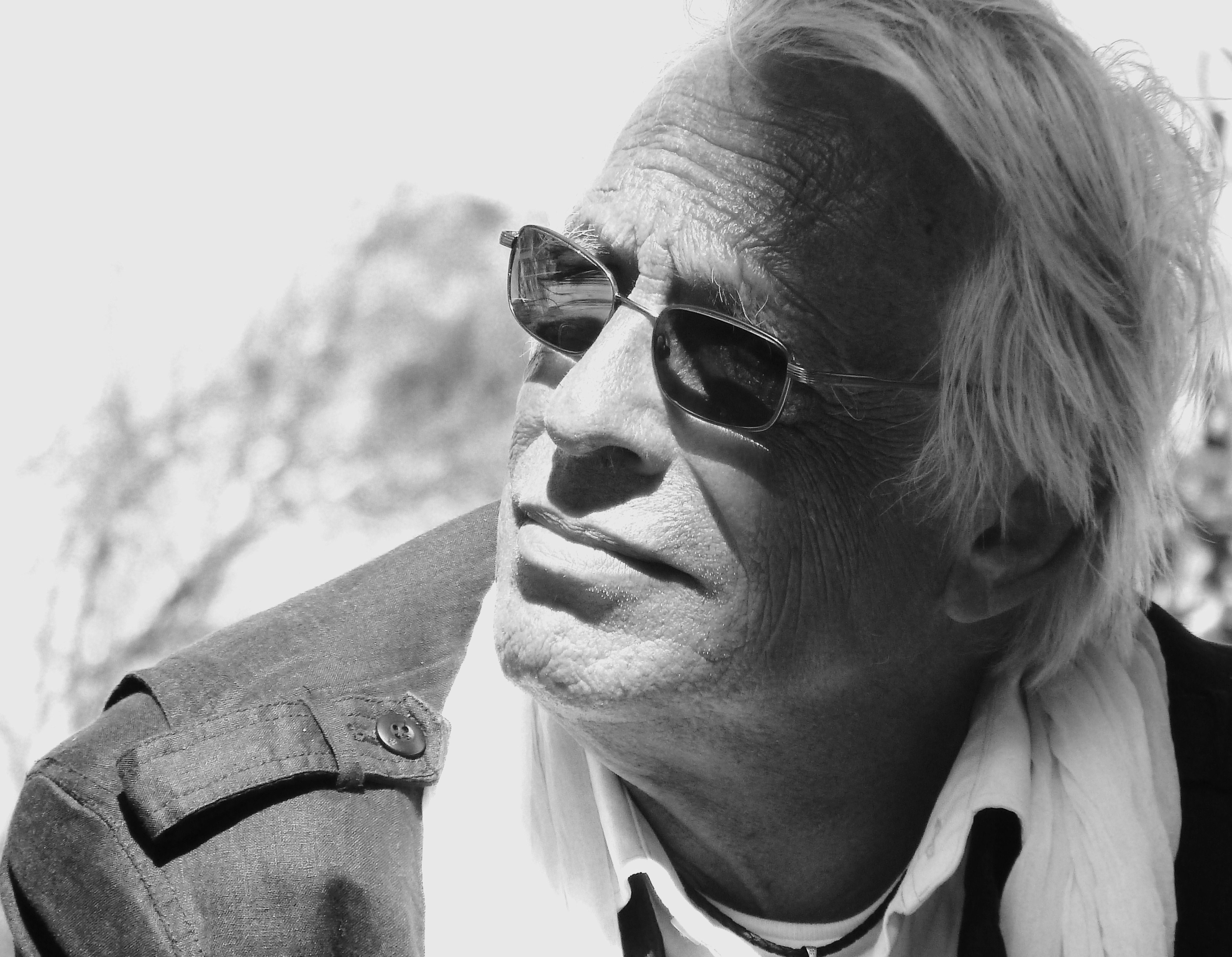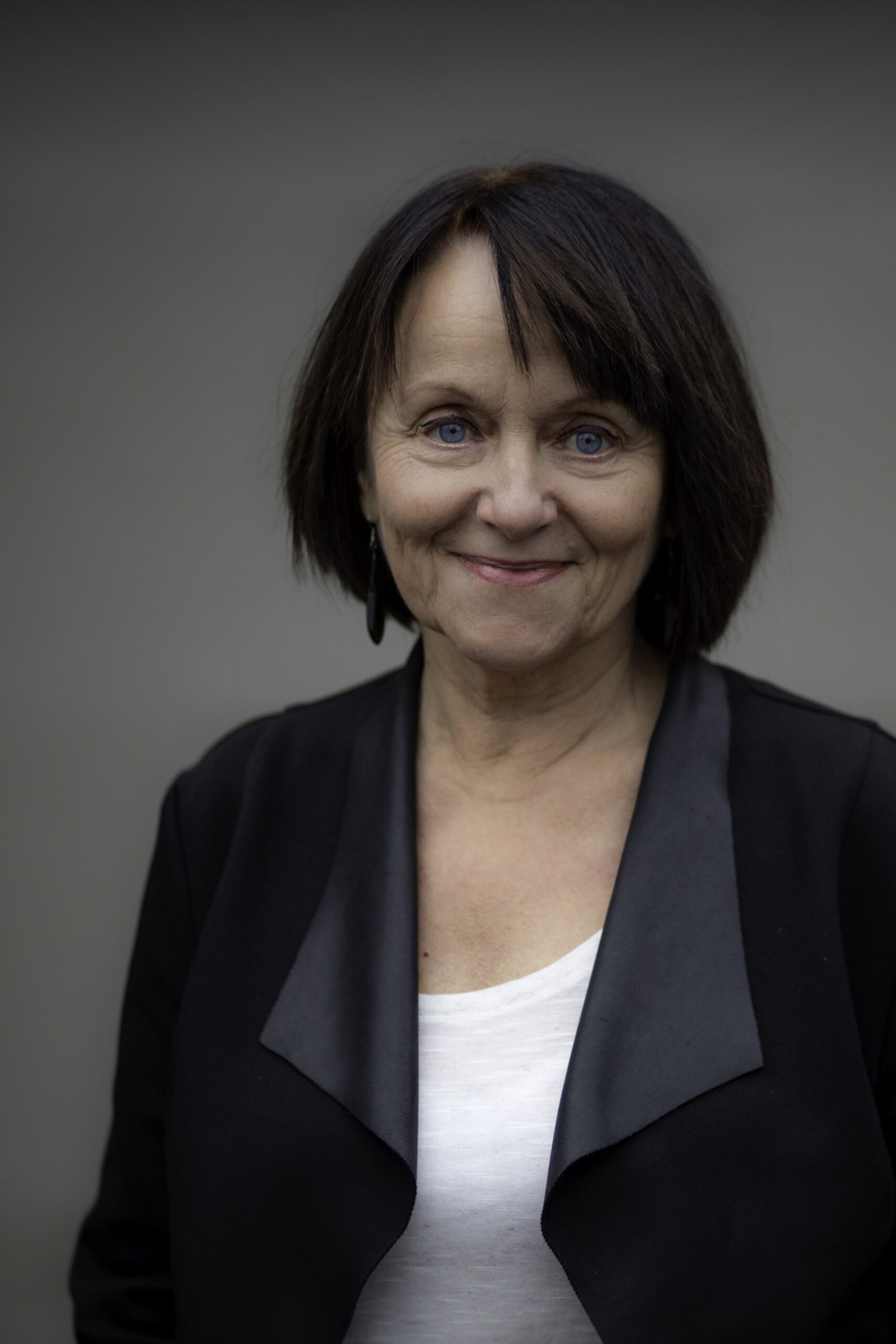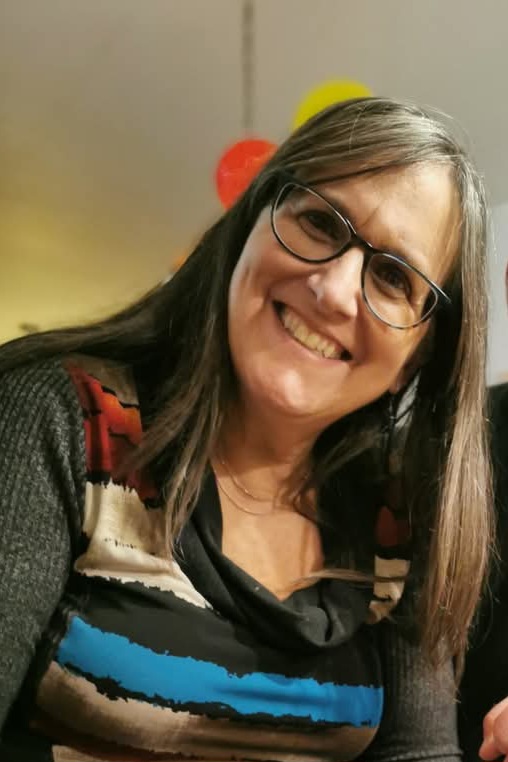Poèmes de Róisín Tierney traduits par Bernard Turle
The Finding
or made your first discovery: they grow in clusters.
George Pólya
He, though, had an almost melted look.
Too many years spent thumbing the ancient tracts,
fumbling with his crucible and pen,
trying to turn piss into gold. Pah!
He was nothing but trouble. The facts
do not uphold. Piss is what it is. How
his wife put up with the stink! Neighbours
grumbled, yet surrendered their pisspots,
afraid of his squinny, his mad blue stare.
Once he dampened some straw with the stuff,
let it rot down, set it alight. POUF!
That’s when we said it was time to stop,
but he kept on secretly, using his own dribble
and whatever other ‘streams of fortune’
came his way; the odd pedlar’s or wayfarer’s,
even his mares’ great gush, until one day
he noticed that a quantity boiled down
gave up not gold, but a ‘devilish light’.
We drove all three of them out of town,
the alchemist, his sad wife, their baby,
which had the most angelic face, dimples,
pink grin, the softest golden curls.
Découverte
regarde autour de toi : ils ne poussent jamais seuls.
George Pólya
Il avait, c’est vrai, l’air quasi liquéfié.
Trop d’années passées à feuilleter les anciennes voies,
à fouiller son creuset, sa bauge,
à tenter de changer la pisse en or. Pouah !
Que des embrouilles. Les faits
le contredisent. La pisse, c’est la pisse. Et
sa femme supportait cette infection ! Les voisins
regimbaient, mais lui soumettaient leur pot,
craignant son regard de biais, bleu, de fou.
Un jour, il en imbiba la paille,
la laissa pourrir, l’enflamma. PFFUIT!
C’est alors qu’on dit : suffit.
Mais il continua en secret, utilisant son pipi
et tout autre « flot de fortune »
coulant par là : d’un colporteur, d’un cheminot,
jusqu’au pisse-dru de ses juments, jusqu’à ce qu’un jour,
il note que d’une quantité bouillie
n’émanait pas de l’or mais un « éclat diabolique ».
Alors, on les a tous trois chassés de la ville,
l’alchimiste, sa triste épouse, leur bébé
au visage si angélique,fossettes,
sourire rosé, si douces boucles d’or.
Pitchblende
How could Maria Skłodowska, as she was then known
when she first stepped from the Flying University
onto the streets of Paris, have guessed,
that her findings would one day set her lab aglow,
electrify the air, thin her blood fatally
as she lined her pockets with them:
radium, polonium? (This last named after her country).
How could she ever have guessed
that the burn from these would be so rare
that they would not only cauterise
my mother-in-law’s bladder, my father’s throat,
but so douse her manuscripts, her precious notes
that they would have to lie softly
at the heart of the great Bibliothèque Nationale
in a lead lined-chamber,
for a half-life of approximately
one-thousand-six-hundred years?
Uraninite
Comment Maria Skłodowska, de son nom d’alors, aurait-elle pu deviner,
quand elle débarqua de l’Université volante
dans les rues de Paris, qu’un jour
ses découvertes irradieraient son laboratoire,
électrifieraient l’air, fluidifieraient mortellement son sang,
quand elle en doublerait ses poches :
radium, polonium ? (ce dernier nommé d’après sa patrie).
Comment aurait-elle pu savoir
que leurs brûlures si particulières
non seulement cautériseraient
la vessie de ma belle-mère, la gorge de mon père,
mais encore imprégneraient tant ses manuscrits, ses notes précieuses,
qu’ils devraient reposer en douceur
au coeur de l’éminente Bibliothèque Nationale
sous une cloche de verre plombée,
pour une demi-vie d’environ
mille-six-cents-ans ?
Ataxia
Your first wobbles they put down to wobbliness
in general. Then your many falls and tumbles
raised the red flag for danger,
sent them hurtling for a diagnosis,
which took its time coming: Ataxia
– O elegant word! – from the Greek,
meaning lack of order (in your case, balance),
progressive, degenerative, part of you.
Your unsteady sway naturally caused problems
when it came to casting for the school play
(The Owl and the Pussycat, we were still primary),
until Mrs Galassy or Mrs Cox –
whose kindly stroke of genius was it? –
placed you upheld between two other girls,
each holding an arm, firmly,
all swaying in unison, as the West Wind,
and intoning the chorus
(something like ‘Blow wind, whoo HOO!’),
while we in the audience, your parents and sisters,
laughed at your shenanigans up on the stage,
rolled around in our laughter like a windswept sea.
Ataxie
Tes premiers trébuchements furent attribués à
ton roulis général. Puis tes maintes chutes et faux pas,
brandissant un fanion rouge, danger,
incitèrent à un diagnostic urgent,
qui fut long à venir : ataxie
– Oh, l’élégance du mot ! Du grec :
manque d’ordre (dans ton cas, d’équilibre),
évolutif, dégénératif, devenu toi.
Ton instable tangage posa bien sûr problème
quand on en vint à distribuer les rôles de la pièce de fin d’année
(Minette et Hibou prirent la mer – nous étions encore en primaire),
jusqu’à ce que Mrs Galassy ou Mrs Cox
– qui eut cet affable trait de génie ? –
te place épaulée entre deux autres filles,
chacune tenant un bras, fermement,
toutes trois oscillant à l’unisson, alisé
entonnant le choeur
(à peu près : “Souffle, vent, ffiou HOU!”),
tandis que spectateurs, tes parents, tes soeurs,
tous nous riions de tes facéties sur scène,
ballottés par nos rires comme une mer battue par les vents.
Lecture d’Ataxia par Roisin Tierney
The X‑Ray Reporting Room
On every passing I can only stare
at the cage of bone hanging there
in chalky relief against a caul
of celluloid, up on the screen.
Lean in with me. You’ll see
a ghostly blanch, a Merlin’s kiss,
a moon-stain, a reverse-rendition
of clavicle, sternum, ribcage, the jut
and solder of a world of floating bone.
Here, a vessel, a cup a chalice:
the thoracic cavity, within it
just visible, and swathed in shadowy greys
like nimbus clouds or a descending fog,
the human heart with all its sorry griefs.
I feel your breath, moist against my neck.
Frau Röntgen threw her lovely bony hand
into the path of those Von Röntgen rays
and steadied there, to have the image taken.
On seeing it she swore she’d seen her death.
Pick up those files. Lean in.
See there a bruised mass, which could be…
anything. A blur, a chemical blotch,
ripe for misinterpretation, or even
something definite and true. Something worse.
Come closer. Put your arms around my waist.
Look at me. Stare straight in.
We are but nodding donkeys in the rain,
each of us hiding beneath our downy pelt
our brittle scaffolding, our cheery, rictus grin.
Clickety clack, we stumble towards our end,
stars in our very own danse macabre.
Our grande finale awaits. Take a bow!
Though it’s not the applause that matters then.
I feel your shoulders shake beneath my touch.
Your skin is warm. You are so very, very live.
I love you! Lean in. Like that.
Like that. Yes. This.
Dans la pièce d’interprétation des radios
A chaque passage, je ne puis détourner les yeux
de la cage d’os suspendus
en relief crayeux sur fond de coiffe
de celluloïd, là sur l’écran.
Penchez-vous avec moi. Vous verrez
blanc spectral, baiser fantomatique,
tache de lune, image inversée
de clavicule, sternum, cage thoracique, saillies
et soudures d’un univers d’os flottant.
Tiens, une coupe, un ciboire, un calice :
cavité tout juste visible à l’intérieur,
langée de gris ombreux,
nimbus ou tombée de brume,
le coeur humain et ses tristes peines.
Je sens votre souffle, mouillé sur ma nuque.
Frau Röntgen lança sa jolie main osseuse
dans le faisceau des rayons de son mari,
et s’immobilisa, afin que pût être saisie l’image.
En la voyant, elle jura avoir vu sa mort.
Prenez ces dossiers. Penchez-vous.
Voyez là une masse talée, qui pourrait être…
n’importe quoi. Un flou, un pâté chimique,
susceptible d’erreur de diagnostic, voire
une chose nette et bien réelle. Ou pire.
Approchez. Prenez-moi par la taille.
Regardez-moi. Ne détournez pas les yeux.
Nous ne sommes que mules branlant la tête sous la pluie,
chacun cachant sous sa peau duveteuse
son fragile échafaudage, son rictus joyeux.
Clic-clac, nous trébuchons vers notre fin,
étoiles de notre propre danse macabre.
Notre final attend. Saluez !
Même si les applaudissements, alors, ne comptent plus.
Je sens vos épaules secouées par mon toucher.
Votre peau est chaude. Vous êtes si, si vivante.
Je vous aime ! Penchez-vous.
Comme cela. Oui. Ceci.



